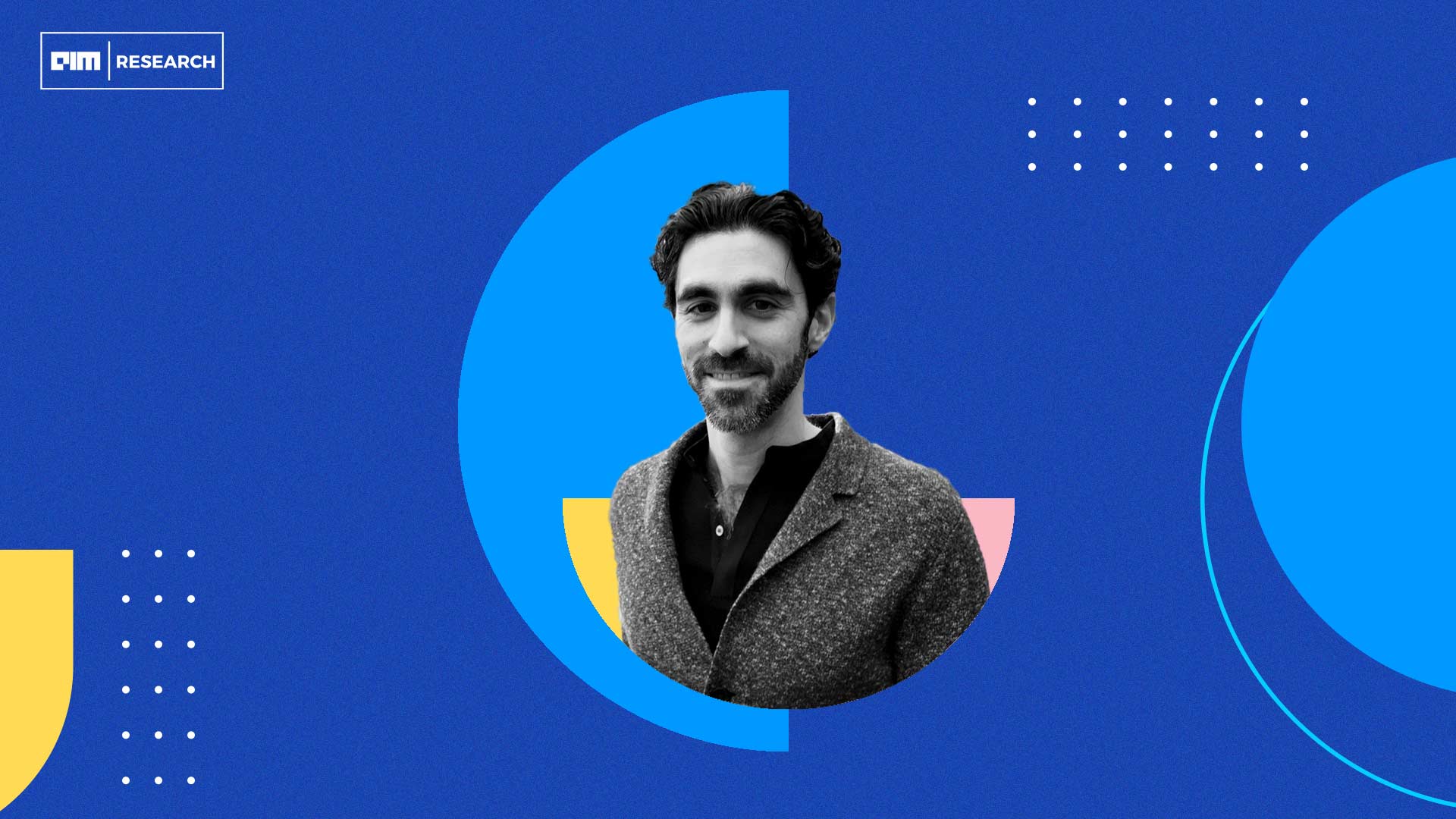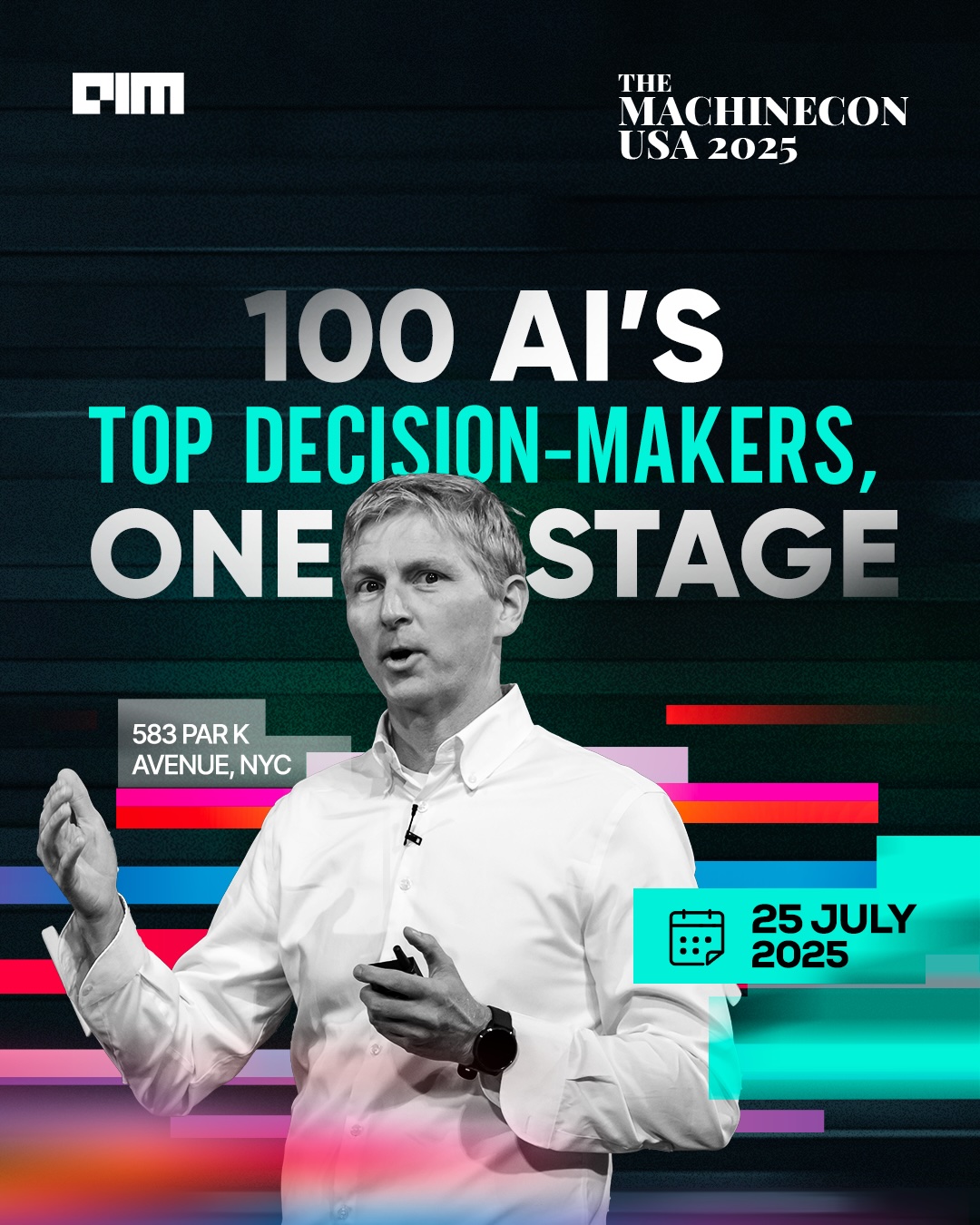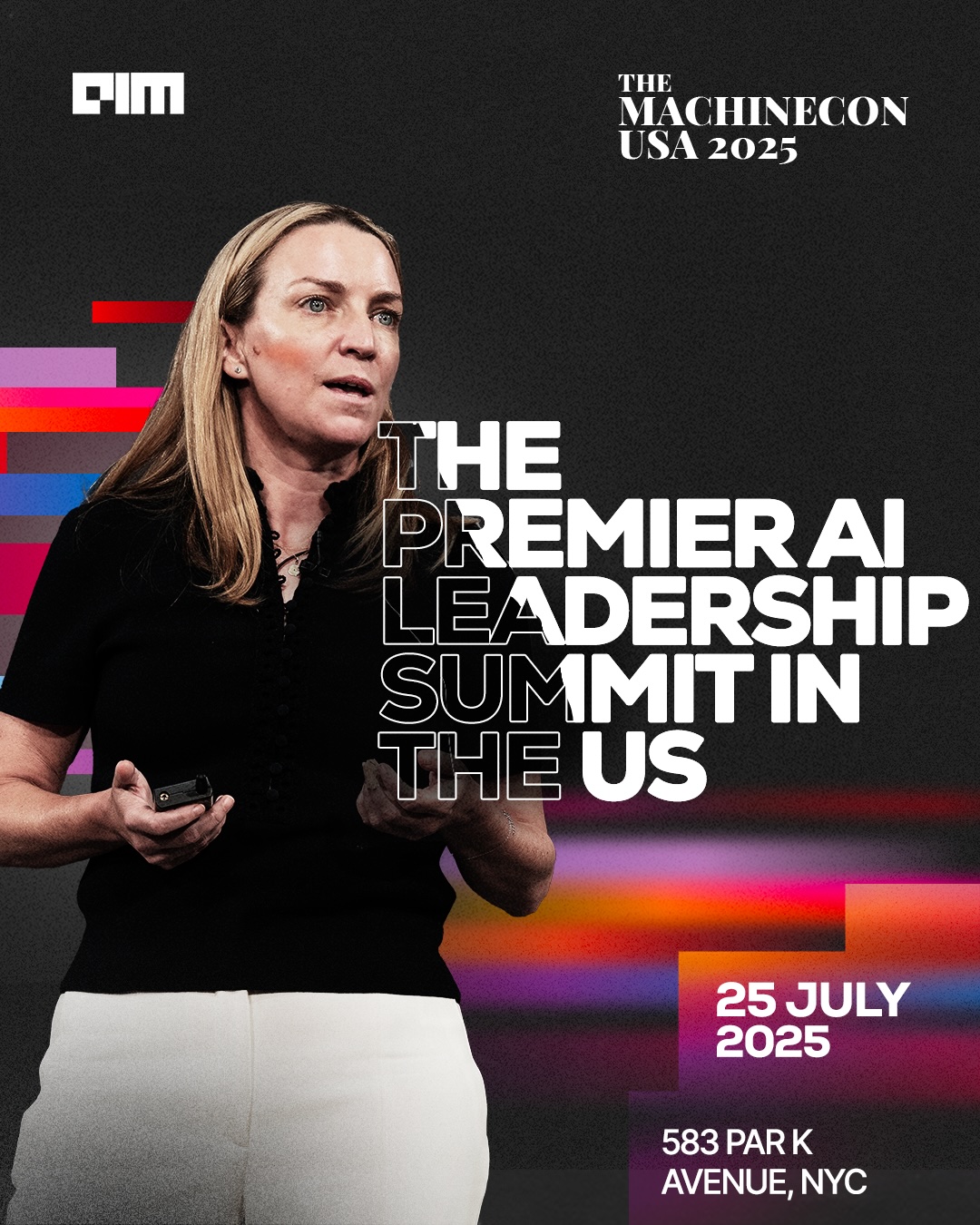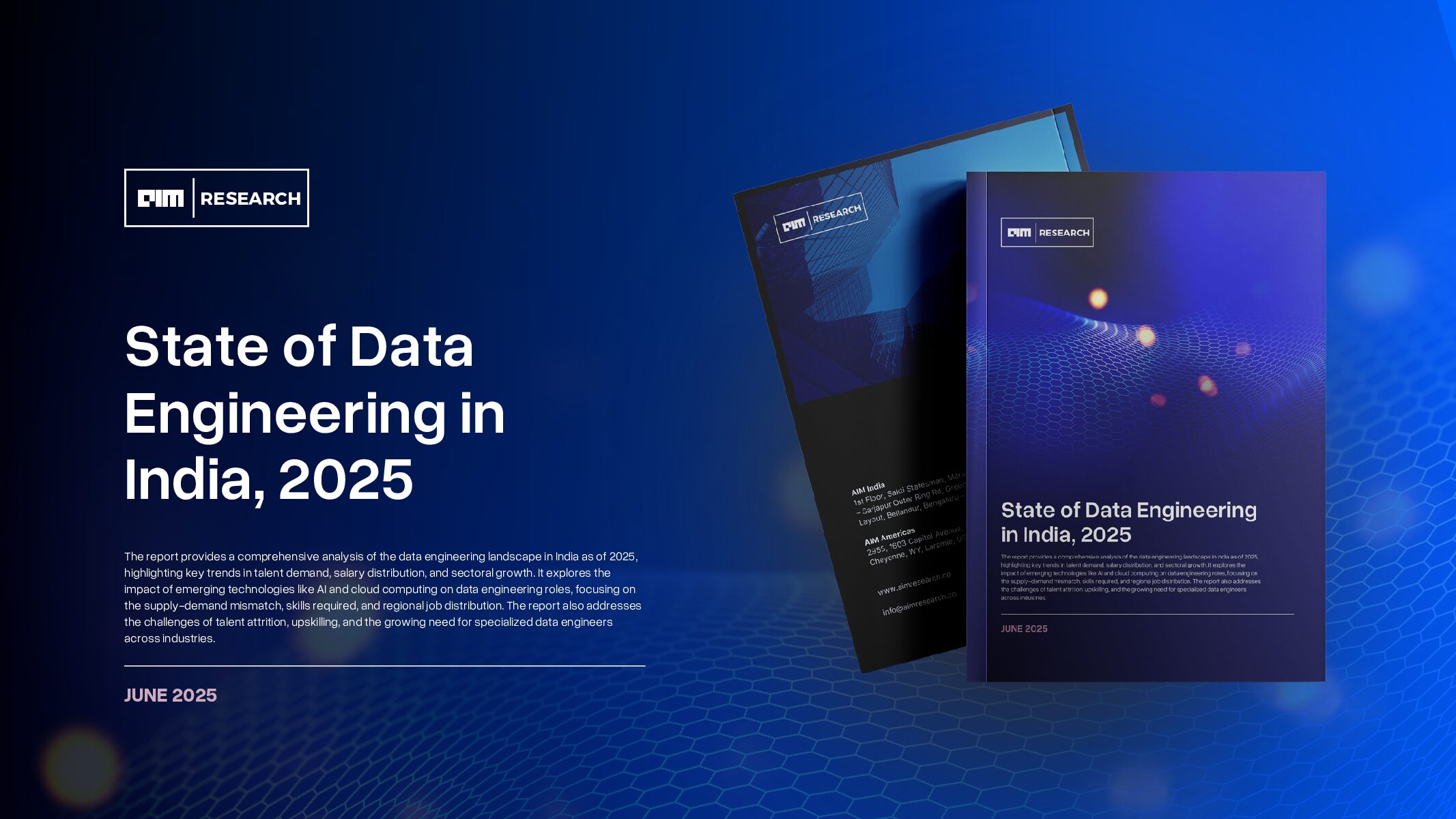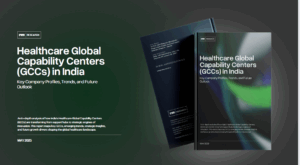In the realm of healthcare and artificial intelligence, one name that shines brightly is Ziad Obermeyer. A professor at the University of California, Berkeley, Ziad has been at the forefront of merging machine learning with health since 2017.
His journey is marked by a commitment to make healthcare more accessible and efficient, and his recent inclusion in the TIME AI 100 list is a testament to his impact. Ziad’s work is not confined to academic corridors; it’s about translating cutting-edge research into real-world solutions.
One of his most exciting projects involves collaborating with MIT researchers to develop AI-based diagnostics for wearable devices. The goal is to democratize healthcare by harnessing the power of ubiquitous technology like smartphones and wearables. Imagine being able to diagnose conditions like heart attacks, Alzheimer’s, and dementia through your smartphone—a revolutionary concept that could transform healthcare, especially in countries like India with abundant tech talent but a struggling healthcare system.
Ziad acknowledges that one of the biggest challenges in healthcare and AI is the fragmentation of data. Often, vital health data is locked within silos controlled by hospitals, governments, and agencies. This data isolation hinders collaborative research, the development of AI-based healthcare products, and the evaluation of their efficacy.
To address this issue, Ziad launched the Nightingale Open Science project in 2021. With $6 million in philanthropic funding from Eric Schmidt’s Foundation, the project focuses on building datasets in collaboration with health systems and governments worldwide. These datasets, while rigorously curated for ethical and security standards, are made freely accessible on a cloud platform. This open approach ensures that researchers across the globe can access the data, fostering collaboration and innovation.
Privacy is a paramount concern when dealing with sensitive health data. Ziad and his team take multiple precautions to protect patients’ privacy. First, they de-identify the data before it leaves the health system, complying with strict US and European Union laws. Second, the data remains on their secure cloud platform, allowing them to monitor its usage without compromising intellectual property. Additionally, internal and external layers of ethical oversight ensure that the data is used responsibly and in the best interest of patients.
Ziad is acutely aware of the challenges posed by AI models, particularly the issue of hallucinations. Evaluating AI outputs is complex, and relying on AI without proper validation can be risky. To address this, Ziad co-founded Dandelion Health, a platform for evaluating algorithms’ performance, starting with electrocardiograms and expanding to other data types. This initiative enables third-party, independent evaluations to ensure AI models are used safely and effectively.
In summary, Ziad Obermeyer’s work exemplifies the potential of AI to revolutionize healthcare. His commitment to openness, collaboration, and ethical AI underscores his vision for a healthier future powered by technology.

